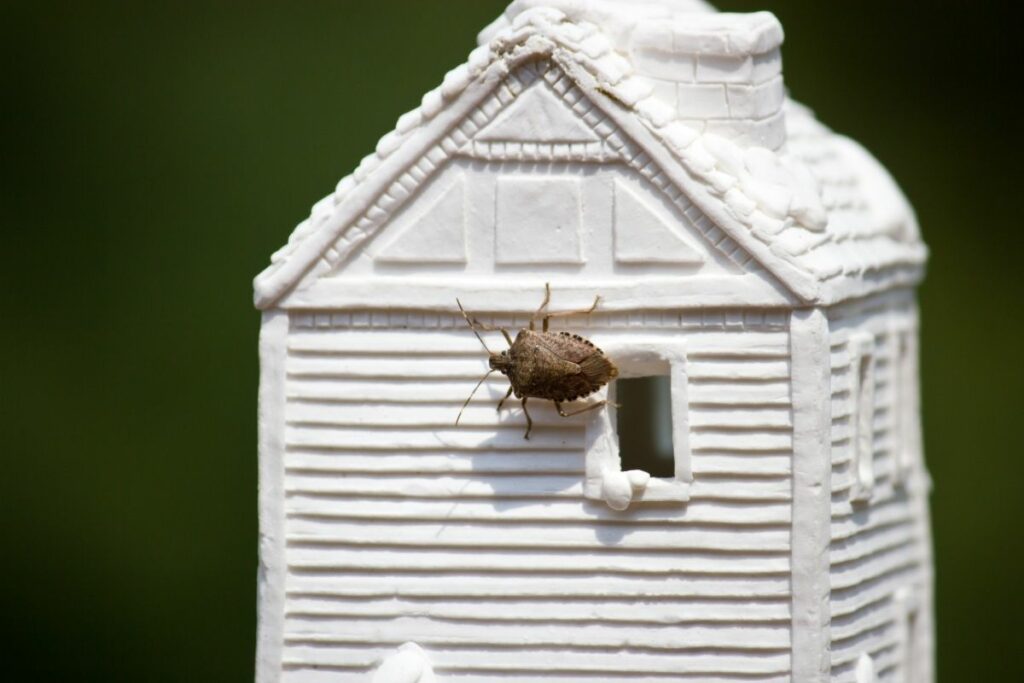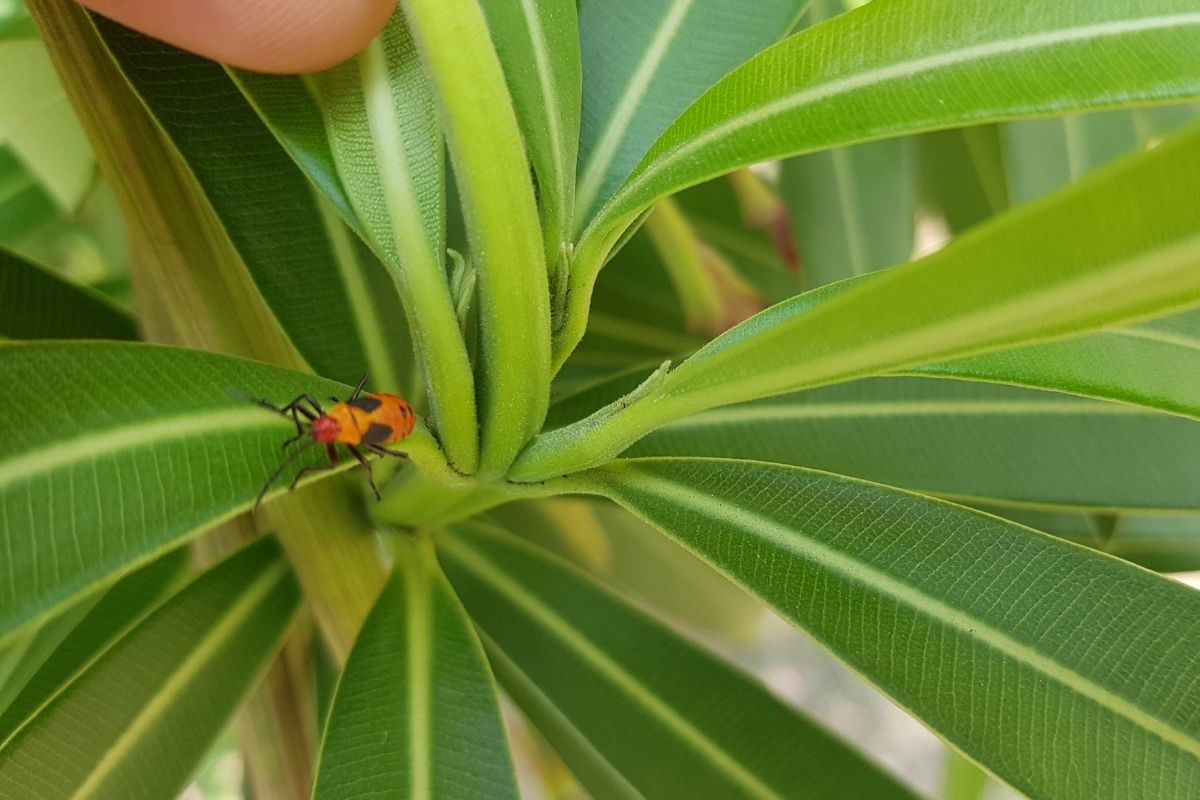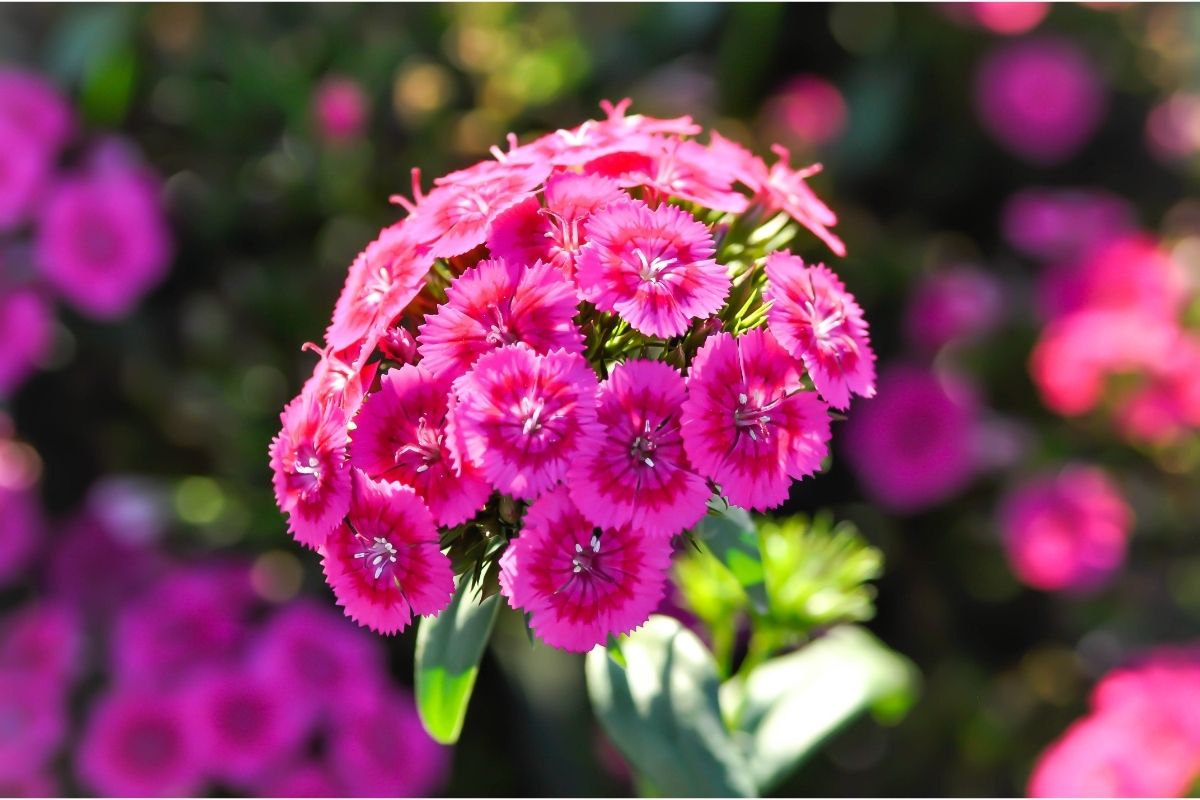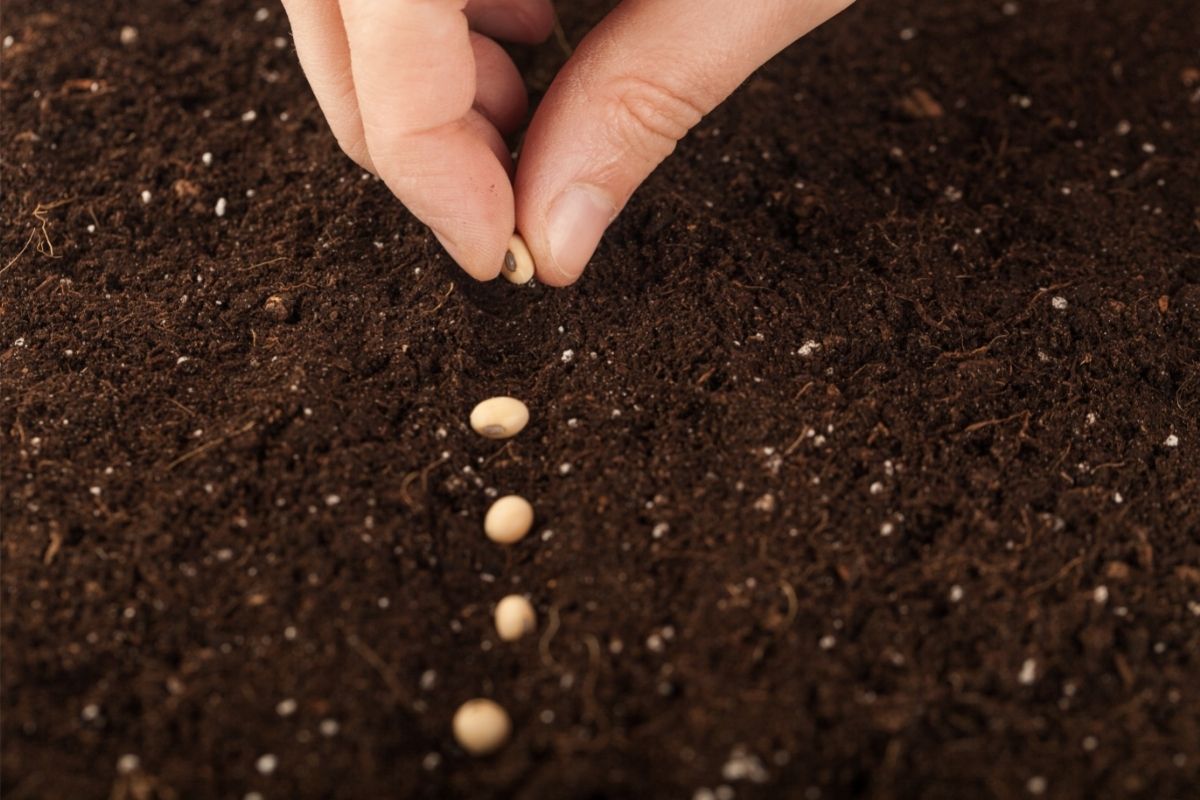Known for having a pretty smelly reputation, stink bugs are a type of insect that like to enter our homes during fall, as well as hang around our garden beds.

They’re known for secreting a horrible odor which is where they get their name from, but alongside that, they also release a venom-like substance when scared, which leads many to wonder whether, or not, they’re poisonous.
If the above predicament is something that you are currently experiencing, then rest assured that you have clicked on the right article.
To put your mind at ease, we are going to be talking you through whether, or not, stink bugs are poisonous, some of the most common side effects experienced, as well as share with you some helpful methods that you can try to keep them at bay.
So, whenever you’re ready, let’s jump right in!
Are Stink Bugs Poisonous?
So, even though stink bugs have a pretty strong reputation for giving off a horrible odor, many people also associate them with being poisonous – but is this true?
Well, technically speaking, stink bugs can be poisonous if they are afraid or feel threatened and decide to release a liquid compound that is poisonous to humans.
When this situation occurs, a stink bug will release the liquid in its general vicinity, which means that unless you are holding the stink bug, you’re more than likely not going to be exposed to the poisonous liquid.
However, before you start to panic, rest assured that the venomous liquid that stink bugs release when they feel like they need to defend themselves is nowhere near as dangerous as other insects like certain species of spiders or reptiles that will inject their venom.
But, despite the fact that stink bugs certainly aren’t as dangerous as other types of poisonous insects, it is still important to keep in mind that it is possible to experience some adverse effects if exposed to the poisonous excrement released.
Though it is very unlikely, if you or someone you know happens to make contact with the defensive liquid released by stink bugs whenever they feel threatened and try to defend themselves.
There is a chance that you might experience itching, a rash, and other allergic symptoms across the surface of the skin. To follow, in some very rare instances, you might also experience itchy, red eyes, and congestion, although these symptoms are far less likely.
For these reasons above, if you or someone you know does become exposed to a stink bug’s poison, you should be sure to immediately wash the area that has been exposed to it to help reduce the chances of any adverse reactions from happening.
Ideally, we recommend that you immediately wash and clean the area with some warm, soapy water and gently scrub the area to ensure that it has all been removed from the surface of the skin.
If, after cleaning the skin you can still smell a horrible odor, you should proceed to repeat the cleaning process one more time to help get rid of any excess that might still be present across the surface of the skin.
If you do discover that there are some adverse reactions to the stink bug’s venomous liquid compound, we recommend placing a cold compress over the affected area to help soothe some of the symptoms.
After a few days, you should find that the symptoms go away, but if they have not, then we recommend visiting the doctor so that they will be able to take a closer look at it.
How To Keep Stink Bugs At Bay

So, now that you know that stink bugs can cause us to experience some adverse reactions if we are exposed to their poisonous defense excrement – we’re sure that you’re probably wondering if there are any ways to keep them at bay!
Whether you’ve noticed stink bugs creeping around your garden beds or even in your home – here are some ways that you can help to drive them away:
Make Sure That All Potential Entrances Are Closed Off
By far, one of the best ways to keep stink bugs away is by making sure that any and all entry points have been closed off.
If you are finding that stink bugs are being attracted to the plants and flowers in your garden, then you can try fencing out your garden bed area to help reduce the chances of them being able to get through.
As for your home, you should be sure to thoroughly check for any easy entry points that stink bugs might utilize so that you can seal them – including your flooring, piping system, and wall cracks.
Keep Your Bins Away From Your Home/Garden
Stink bugs are attracted to the scent of food, so one way that you can help to keep them from entering your home and your garden is to make sure that you are keeping your garbage bins as far away from your home as you possibly can.
Doing so will help to lower the chances of stink bugs picking up on the scent of your garbage, and in turn, will help to prevent them from entering your backyard and home.
Use A Repellent Spray
Last but certainly not least, if you are finding yourself dealing with stink bugs that won’t stay away from your plants, flowers, and home – an effective way that you can keep them away from your home is by using a repellent spray.
Stink bugs are famously known to hate the smell of peppermint, which is why we recommend spritzing your home, flowers, and plants with a peppermint-scented repellent to help drive them far away.
If you are in need of a recommendation that is non-toxic and will be suitable for your home and garden, we recommend the Mighty Mint Repellent Spray.
Final Thoughts
There we have it, you made it to the end! We hope that this article has helped you understand stink bugs a little bit better. Sure, while they’re certainly not as dangerous as some other insects out there.
Their venomous liquid can still cause a reaction, so it’s a good idea to make sure that you are following the steps above to ensure that you keep them at bay! Thank you for reading.
- Best Hanging Plant For Low Light - September 4, 2023
- Best Indoor Plants Florida - August 28, 2023
- Best Plants For Bathroom Smells - August 21, 2023








